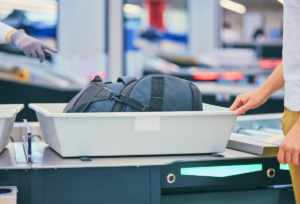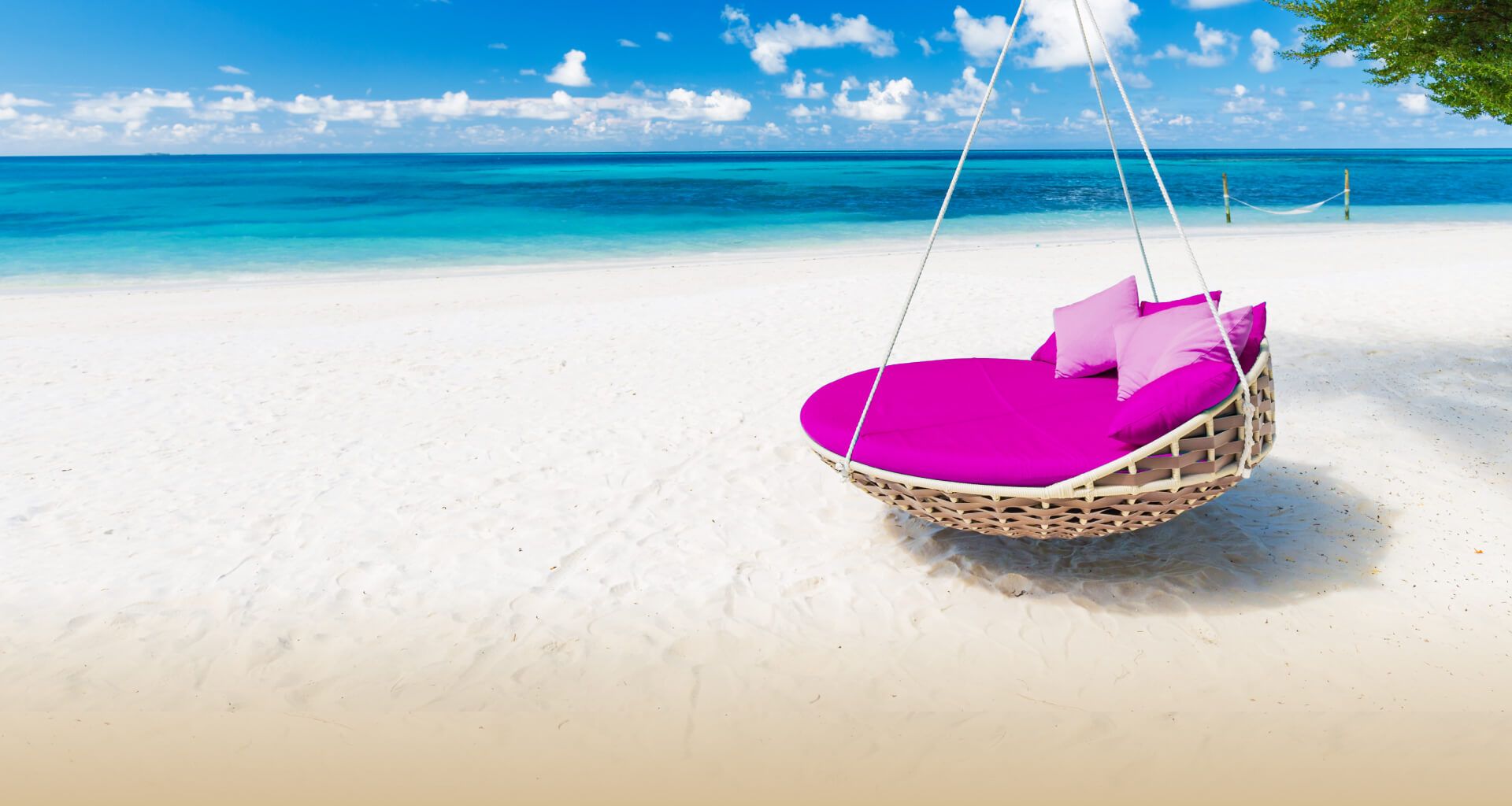When it was announced in early April that Samoa Air was going to start basing its airfares on the weight of the passenger and their luggage combined, many looked at the date and thought it was an April Fool. It soon transpired that it wasn’t. Their policy is clear: “if it weighs, it pays”.
According to the company’s website, a passenger must state when booking how much they weigh and how much their luggage will weigh, to within a kilo or so. They are then charged a ticket price based on this total weight.
The airline claims that this is the fairest way of charging and that the information is then used to make sure everyone is given a comfortable seat and enough room. It also claims that knowing all this information in advance allows them to plan better, make the flight more efficient and ultimately save money – savings that can then be passed on to the customer. It’s a controversial policy but will it work? And is it likely to become the norm?
If you post a parcel that weighs 4kg, you will pay more than when posting a 1kg parcel – people accept that. However, if you buy a size 24 dress, you’ll pay exactly the same as someone buying a size 6 of the same dress, despite there being a disparity in the amount of material required. To charge more in this case would be massively controversial and there would be cries of discrimination.
[polldaddy poll=7045289]
Body weight is a hugely personal issue and something that people cannot completely control. The policy is not just a tax on fatter people but on taller people as well. The airline is also drawing no distinction between adults and children – children who are big for their age may well end up paying more than an adult.
The head of the airline has claimed that the policy may have a beneficial effect on public health, particularly in an area of the world with high levels of obesity. However, is shaming people into paying more really the way to do this?
Samoa Air says “a kilo is a kilo is a kilo” but we don’t see a pay-what-you-weigh policy becoming popular among larger airlines, but what do you think? Would you be happy to fly with Samoa Air? Would the introduction of this policy more widely help the country fight its growing weight problem?
Please vote in the poll below and let us know your thoughts in the comments!
Image from kenhoma.




